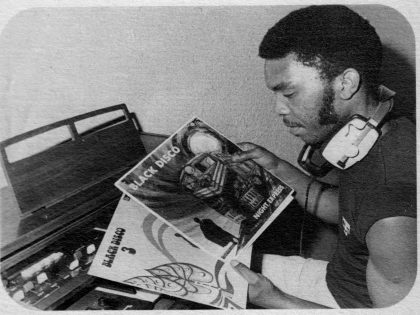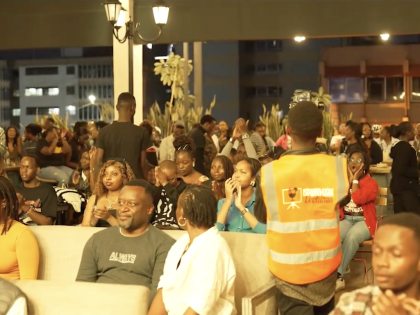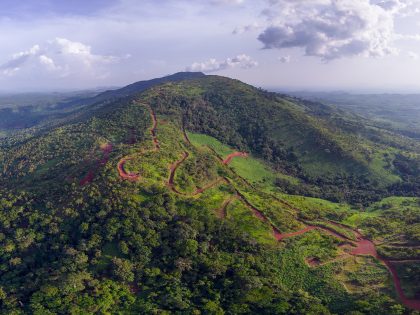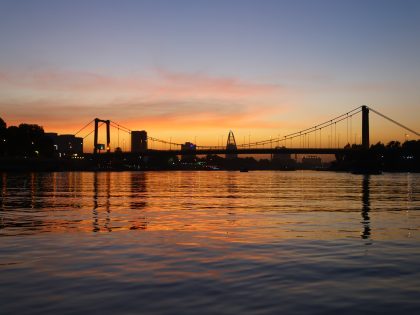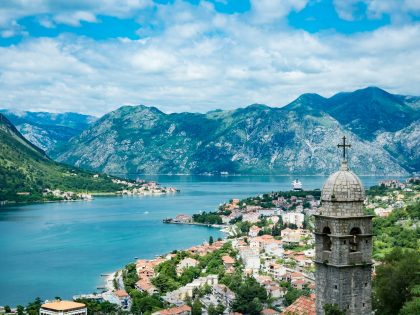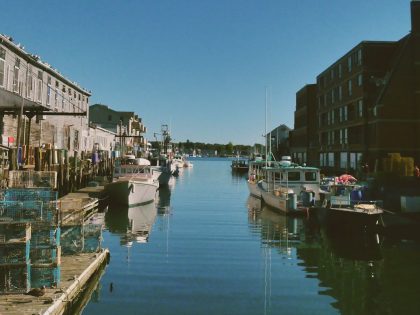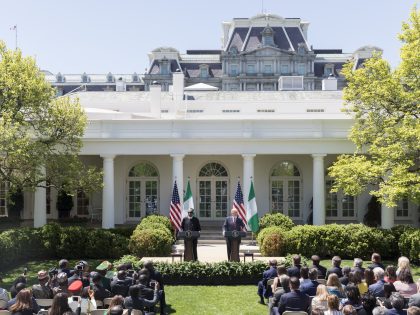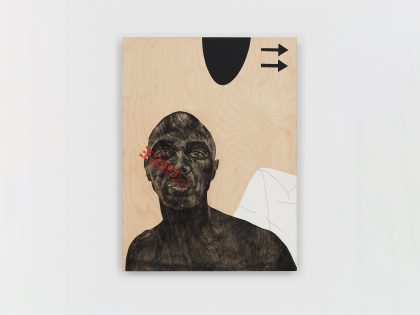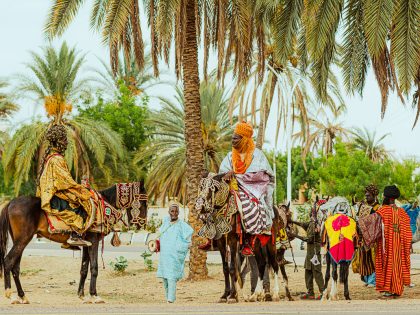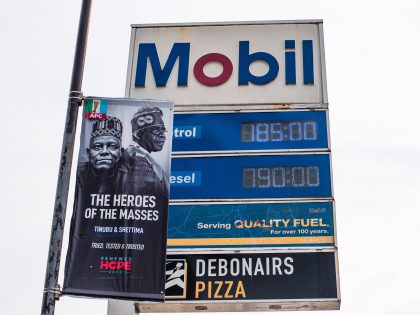No politics please
South African corporates has always been on the side of right. Literally. Take this recent case study:
The white supremacist Eugene Terreblanche seems to have acquired more friends in death than in life. His murder earlier this year has been used by opportunistic rightwing politicians and ethnic entrepreneurs–not to speak of pop singers trying their hand at B-grade politics–as ‘evidence’ of the perceived threat against whites, and as a stick with which to hit the controversial ANC Youth League leader Julius Malema, whose singing of the struggle song ‘kill the Boer’ has been seen as stoking racial tensions.
So it might not be seen as surprising at all that these tumultuous events might have inspired artists like Cape Town’s Ayanda Mabulu to express his interpretation of Terreblanche’s racist legacy. Mabulu was invited to show his work in the office foyer of Truworths, a middle-of-the-road clothing company. But when the company saw that the pictures in question depicted ET as a pig, Mabulu’s work was quickly banned from the premises.
Politics and capital don’t easily mix. If it is the wrong kind of politics.
Of course people who are really interested in art for art’s sake, and not only as pretty shopfront decorations, would at least form an opinion about the work’s artistic merit. Luckily the owner of a Cape Town-based gallery, Charl Bezuidenhout, wasted no time in acquiring the work. Hopefully he’ll exhibit it soon.
-Herman Wasserman






